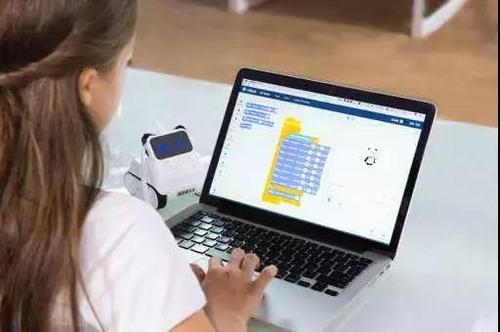 Hardware Acceleration of ZKP"/>
Hardware Acceleration of ZKP"/>
ZKP16 Hardware Acceleration of ZKP
ZKP学习笔记
ZK-Learning MOOC课程笔记
Lecture 16: Hardware Acceleration of ZKP (Guest Lecturer: Kelly Olson)
-
The What and Why of Hardware Acceleration
- Hardware acceleration is the use of dedicated hardware to accelerate an operation so that it runs faster and/or more efficiently.
- Hardware acceleration can involve optimizing functions and code to use existing hardware (COTS) or it may involve the development of new hardware designed for a specific task.
- COTS (commercially available off-the-shelf) hardware includes CPUs, GPUs, and FPGAS
- Custom hardware is often referred to as an ASIC
- Examples
-
Hardware acceleration for crytpo
-
Why HW acceleration for ZKP
- ZK (and non-ZK) proof generation has high overheads relative to native computation
-
Goals of HW acceleration for ZKP
- Throughput: increase the number of operations per system
- Cost: reduce the cost of operation e.g. Bitcoin mining rigs are designed to reduce capital expenses ($/hash) and operational expenses (watts/hash)
- Latency: reduce the time of an individual operation e.g. 2kBridges may want to reduce the proof generation time for faster finality
-
Key Computational Primitives of ZKP
-
Each proof system, and associated implementation will have slightly different computational requirements.
-
Across a variety of proof systems these are three of the most computationally expensive operations
- Multiscalar Multiplication (MSM)
-
A ‘dot product’ of elliptic curve points and scalars
-
Easily paralledizable
-
Optimization
- When performing a MSM off of the host device, the scalars and sometimes points must be moved to the accelerator. The available communication bandwidth limits the maximum possible performance of the accelerator.
-
- Number Theoretic Transformation (NTT)
- Common algorithms like Cooley-Tukey reduce complexity from O ( N 2 ) O(N^2) O(N2) to O ( N I o g N ) O(NIogN) O(NIogN)
- Not Easily paralledizable
- Furthermore, these elements must be kept in memory to be operated on, imposing high memory requirements
- Arithmetic Hashes (e.g., Poseidon)
- Multiscalar Multiplication (MSM)
-
SNARK V.S. STARK
- The MSM, NTT and Hashes take 2/3 or more time in the proving system
-
Foundational Primitive: Finite Field Arithmetic (especially ModMul)
-
-
Hardware Resources Required
-
Determining Computational Cost
-
Selecting the Right Hardware
- Given that these workload are driven predominately by modular multiplication, we should look for platforms can perform a large number of multiplications, quickly and cheaply
- Estimated HW performance can be evaluated by looking at # of hardware multipliers, size of hardware multipliers, and speed/frequency of each instruction
- Examples
-
Two Key Components to HW Acceleration
- ‘HW friendly’ Algorithm
- Efficient Implementation
-
-
Limits of Acceleration
-
Acceleration Pitfalls
-
Production Examples: Filecoin
-
-
Current Status of Hardware Acceleration
-
Future Directions for Hardware Acceleration
更多推荐
ZKP16 Hardware Acceleration of ZKP












发布评论